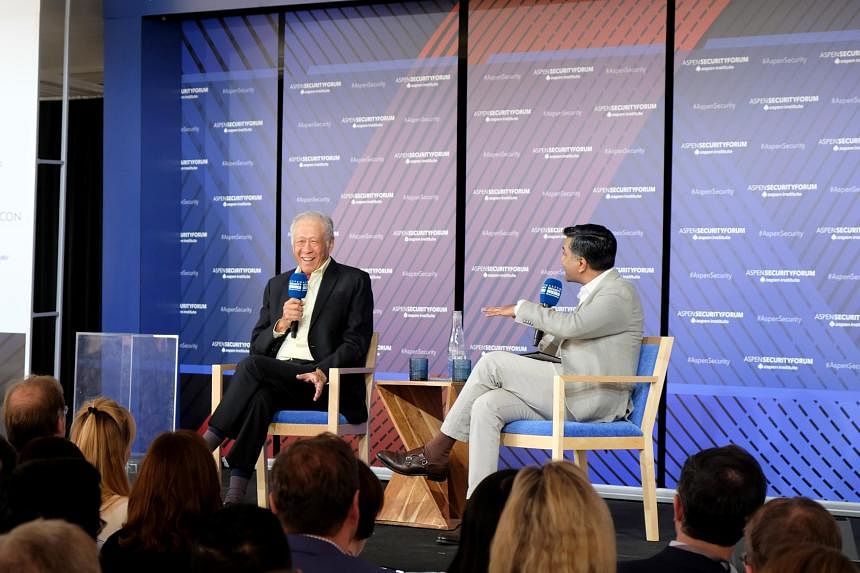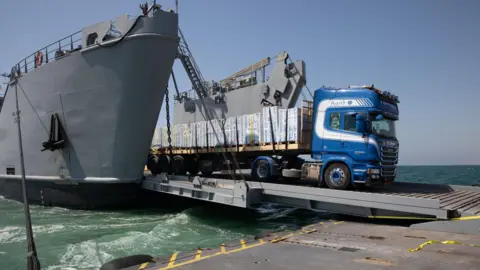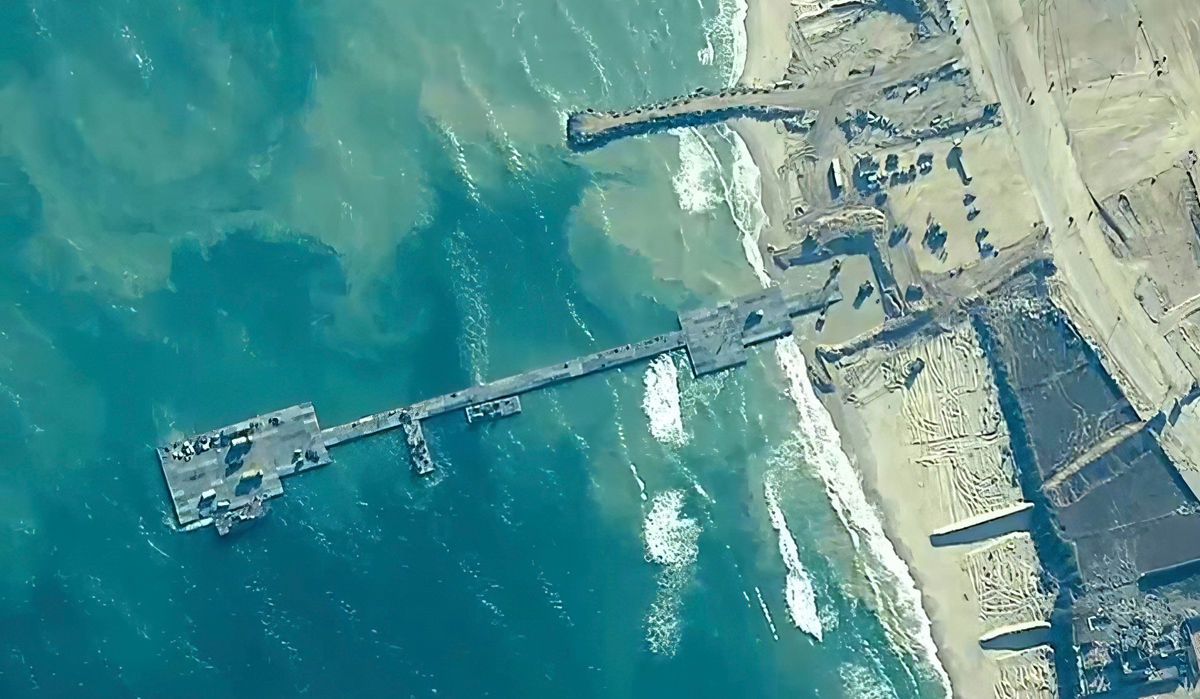Saying that the KDP is in an attitude that betrays the interests of the Kurdish people, PKK called on the people, all intellectuals and academics of Kurdistan, parties and organisations to unite in the line of patriotism against the collaborative line.

ANF
BEHDINAN
Wednesday, 17 July 2024
The Foreign Relations Committee of the PKK (Kurdistan Workers’ Party) released a statement calling for action against the collaboration of the KDP, the ruling party in southern Kurdistan (northern Iraq), with the Turkish state that has been conducting an invasion campaign in the region as part of its genocidal campaign against the Kurdish people.
The statement released by the PKK Foreign Relations Committee on Wednesday reads as follows:
"The KDP is in an attitude that openly betrays the interests of the Kurdish people by developing the most disgusting conspiracy, propaganda and plans of all time. The KDP has fallen into such a characterless situation that it can take part in the war against the Kurdistan Freedom Guerrilla in fateful unity with the fascist AKP-MHP regime, which perpetrates genocide against the Kurdish people, subjects them to massacre, forced migration, immoral and inhuman insults and humiliating practices on the corpses and cemeteries of the martrys, the most valuable sanctities.
It is definitely the KDP that attracted the occupying-genocidal Turkish state to southern Kurdistan and paved the way for occupation and annexation. The destruction of nature in Kurdistan, forced displacement of people, burning and ruining of villages are all the results of the joint concept created by the collaborator KDP and the Turkish state.
The KDP does not only act together with the occupying Turkish state in the military field. At the same time, it legitimises the Turkish state's invasion and annexation of southern Kurdistan, shamelessly negotiates with many circles for this purpose, and uses all its diplomatic means to this end.
The KDP is trying to defame the PKK through propaganda based on lies, deceit and intrigue, thus changing the agenda and trying to cover up its crimes. Our people know very well that the PKK is a women's libertarian, ecological and democratic social movement. They also know very well the KDP's masculine mentality, its anti-woman character and its hostility toward ecology and nature. Now, without blushing or feeling ashamed, the KDP is still in a state of carelessness, blaming the PKK for the fires that broke out in Hewlêr (Erbil) and Kirkuk. However, it has been confirmed by some concrete information and documents that these fires were set with the co-operation of MIT (Turkish intelligence) and Parastin (KDP intelligence). The occupying Turkish state bombs and burns the villages and forests of southern Kurdistan every day, every hour. The KDP is an accomplice in this.
The so-called Kurdistan Region Security Council, which is in essence the security council of the Barzani family, holding the PKK responsible for the explosive planted in the car of Ekrem Salih, one of the KDP officials, is a deliberate, purposeful and despicable accusation. We express our clear and unequivocal rejection of this unjust and baseless accusation. After this statement by the KDP, which has gone out of its mind to the point of threatening the administration of our party, the KDP will definitely be responsible for any incident that will happen to any of our comrades anywhere in southern Kurdistan.
Our people and we know very well that many revolutionaries and patriots were murdered in different parts of southern Kurdistan on different dates with the co-operation of MİT and Parastin. The Kurdish people know very well that the murderers who committed these murders freely fled to Hewlêr thanks to the opportunities created by Parastin. It is certain that Parastin is responsible for these murders.
The Kurdish people are going through a very important, historic and critical period. Our patriotic people, all intellectuals and academics of Kurdistan, all patriotic and revolutionary parties and organisations must unite in the line of patriotism against the collaborative line of treason represented by the KDP. On this basis, they should act knowing that only the existence, freedom and gains of our people can be protected.”







 Centcom
Centcom

